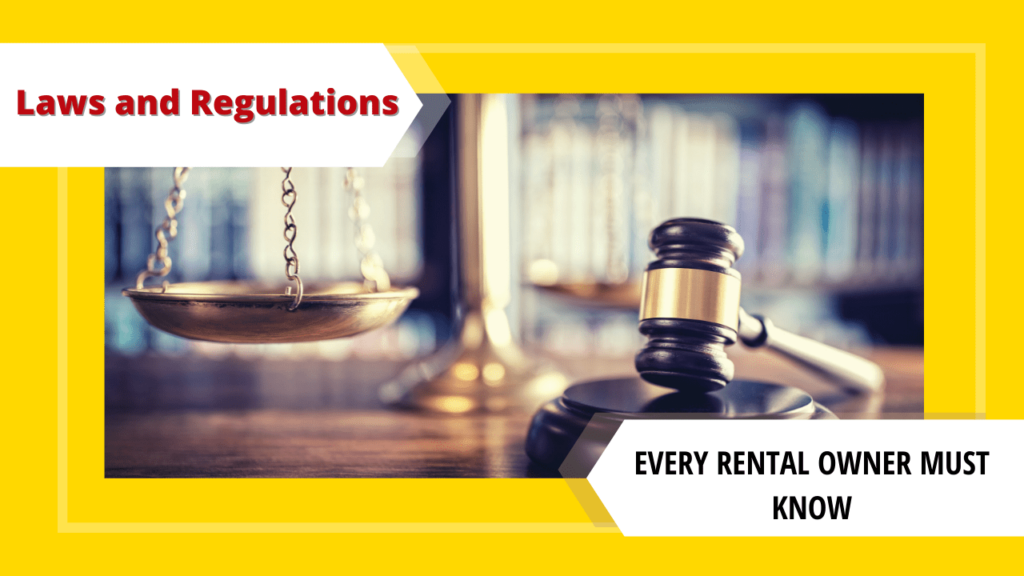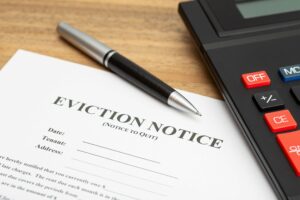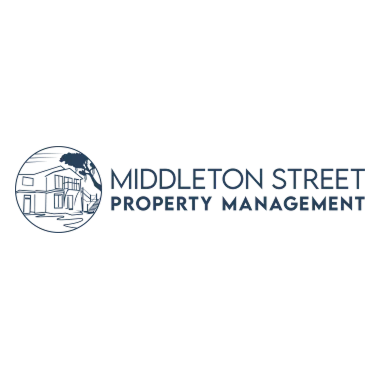 As a rental property owner in Beaufort, you should know the local and state landlord-tenant laws. Rental property owners have to deal with various legal formalities and issues while doing a rental business. Therefore, it is essential to stay updated about real estate laws to ensure they do not commit any transgressions.
This article briefly summarizes a few fundamental laws that every South Carolina rental owner must know.
As a rental property owner in Beaufort, you should know the local and state landlord-tenant laws. Rental property owners have to deal with various legal formalities and issues while doing a rental business. Therefore, it is essential to stay updated about real estate laws to ensure they do not commit any transgressions.
This article briefly summarizes a few fundamental laws that every South Carolina rental owner must know.
South Carolina Residential Landlord-Tenant Act
The Landlord-Tenant Act, passed in 1986, protects the landlords, rental properties under government assistance, and renters in South Carolina. This law and all its amendments were created to clarify the rights and obligations of tenants and landlords and it applies to verbal and written leases as long as they have been agreed to by both parties. The law is limited to rental properties and housing only and does not apply to schools, hospitals, institutions, and group homes. Also, tenants who partly own units, employees who stay at the worksite, and units in a hotel do not come under this law.-
- Responsibilities of Landlords
-
- Responsibilities of Tenants
South Carolina Rent Payment Laws
In South Carolina, rent control is not applicable under the rental payment law. Therefore, landlords can charge any amount as monthly rent, as agreed by both parties. Also, there is no regulation that says that they must send a notice if they want to increase the rent. Landlords are not required to provide rent receipts, but maintaining the details, such as the name, address of tenants, and the transaction receipt is a good practice. The property owner can send a demand notice in case of delayed rent payment giving the tenant ten days to make the payment; if the rent is not paid within the given duration, they have the right to evict the tenant.South Carolina Tenant Rights to Withhold Rent
Under the law, tenants may withhold rent if landlords fail to provide essential services, such as heating systems, water supply, good sanitary conditions, and maintenance. If landlords don't address repair requests, renters can exercise the right to "repair and deduct." i.e., pay the cost of repair and deduct the amount from monthly rents. However, tenants must ensure that the repair issues justify rent withholding and rent deductions.South Carolina Lease Termination and Eviction Laws
Landlords have to follow eviction rules outlined in the South Carolina state law. They can terminate the lease in case of delayed rent payments, unwarranted and excessive nuisance, lease violation, committing an illegal act, and misuse or abuse of the property. However, they have to send a notice to the tenants before they proceed with the eviction process. The type of notice depends on the reason and the type of lease. For example, a landlord must send a notice at least 5 days in advance, in case of delayed rent payment. If the tenant has violated the lease agreement, the landlord can send a 14-day notice to resolve the problem. If the issue is fixed, the owner cannot evict the tenant. However, if the issue is not fixed, the renter may be liable for eviction. Lastly, the landlord can send an Unconditional Quit Notice if the renter has participated in any illegal activity on the property. For all these situations, tenants can contact their lawyers to respond to an invalid eviction in terms of discrimination. Having a working knowledge of South Carolina laws and regulations is a must for every rental property owner. However, constantly staying updated with these laws can be challenging. You should consider taking legal assistance from real estate attorneys and property management companies in Beaufort, such as Middleton Street Property Management, to avoid any legal discrepancies. For more details about legal advice for your rental, contact us at Middleton Street Property Management.
Having a working knowledge of South Carolina laws and regulations is a must for every rental property owner. However, constantly staying updated with these laws can be challenging. You should consider taking legal assistance from real estate attorneys and property management companies in Beaufort, such as Middleton Street Property Management, to avoid any legal discrepancies. For more details about legal advice for your rental, contact us at Middleton Street Property Management.

